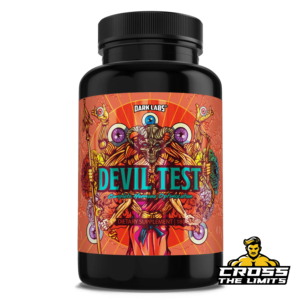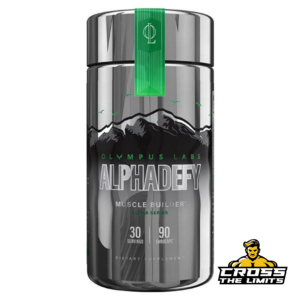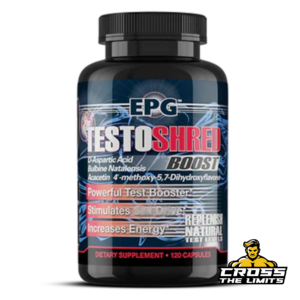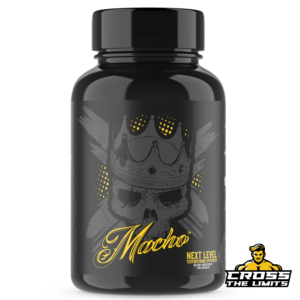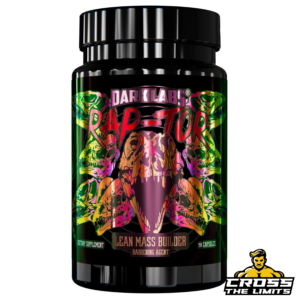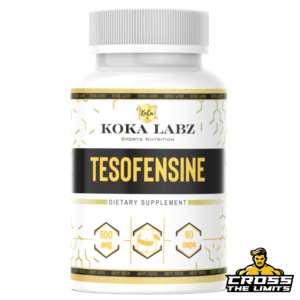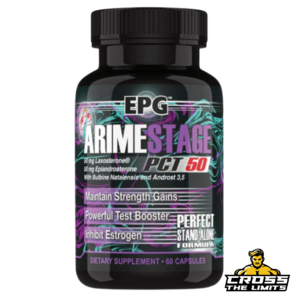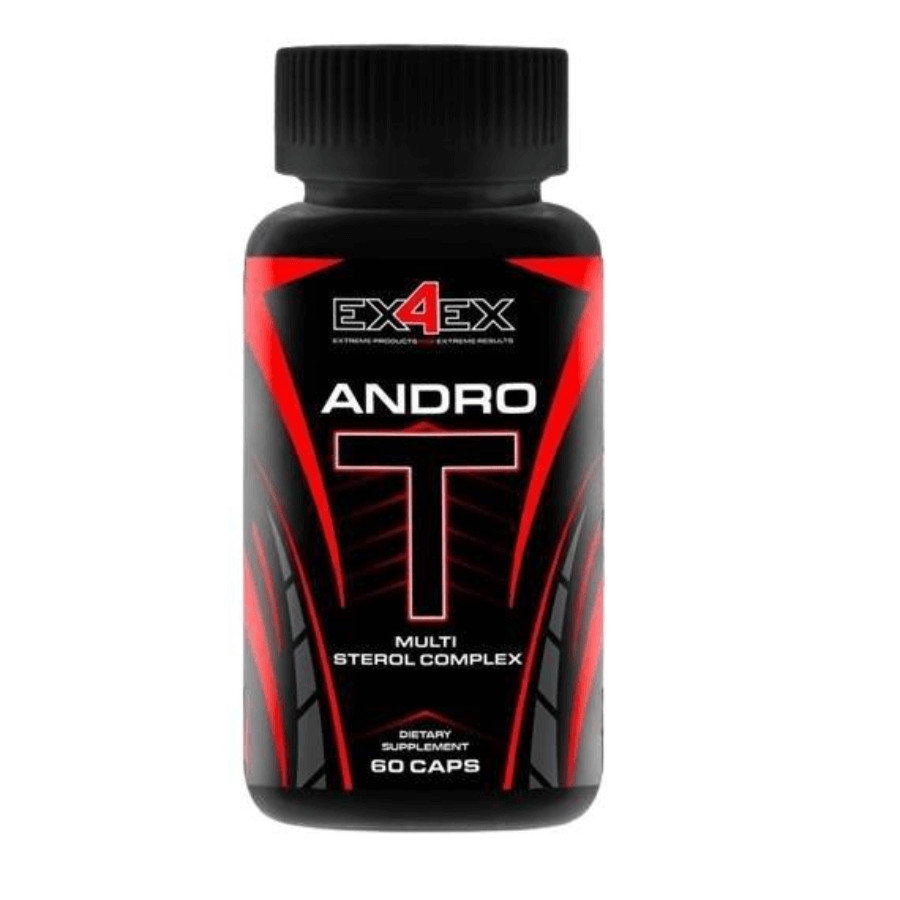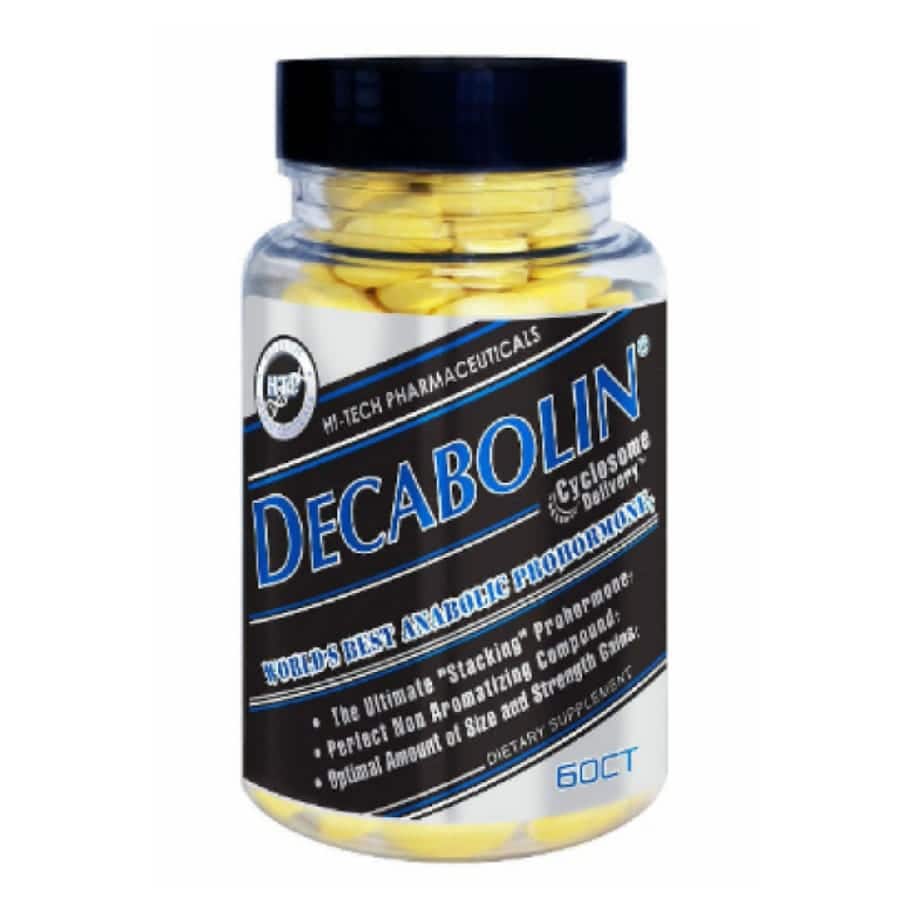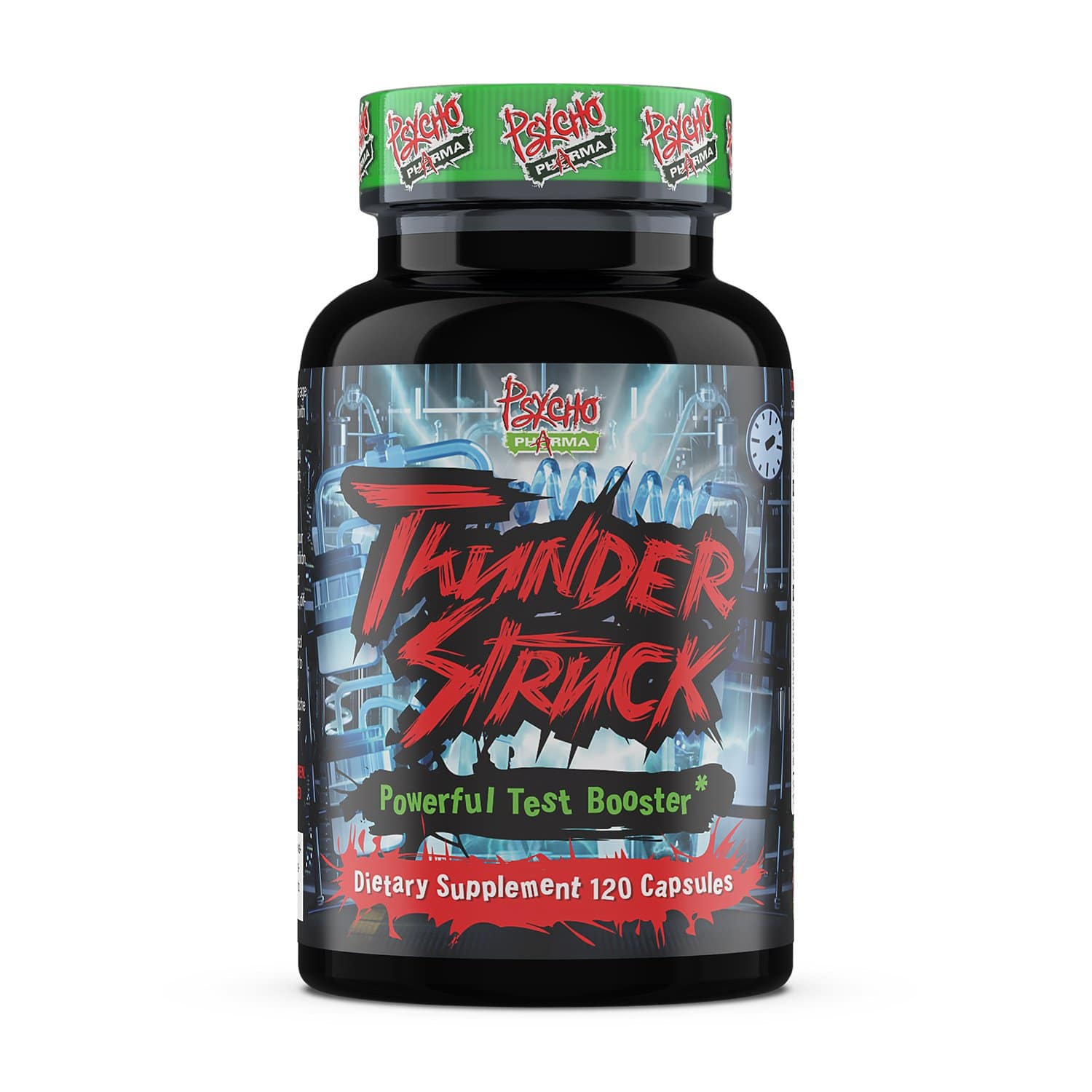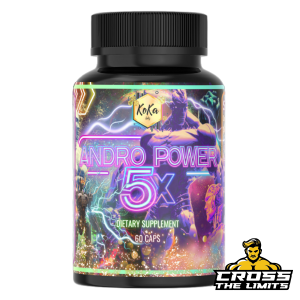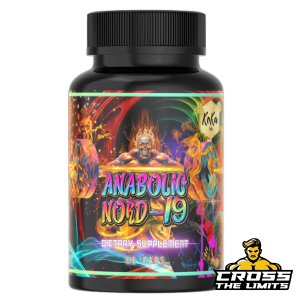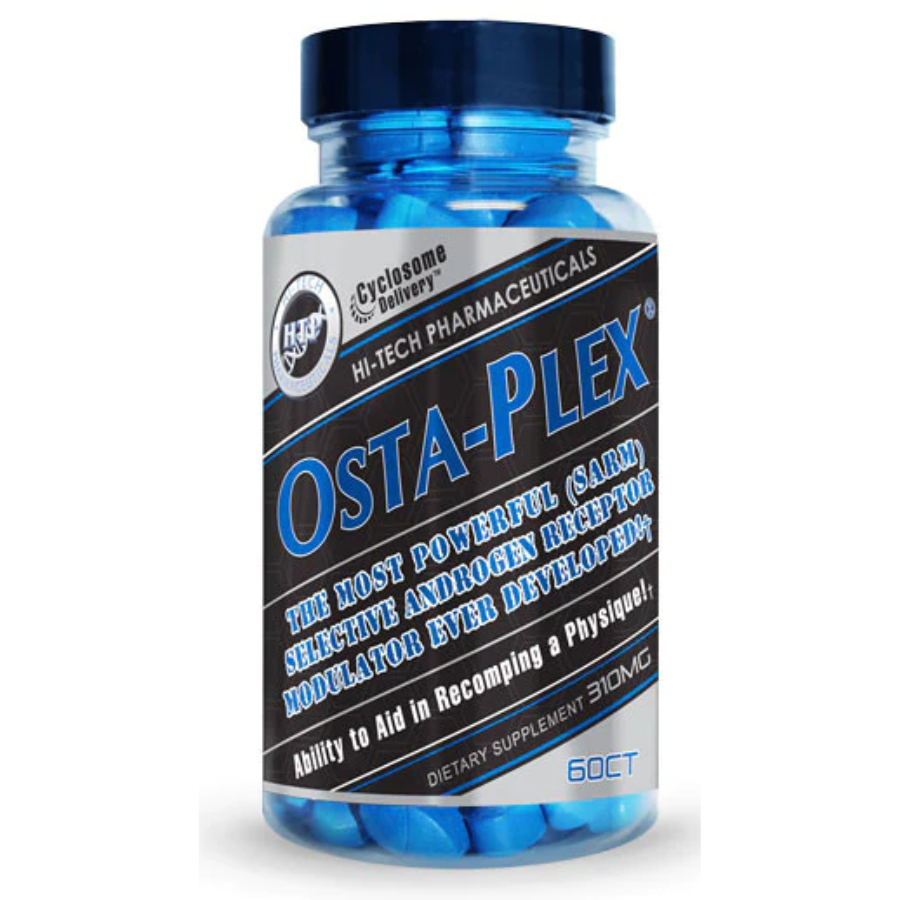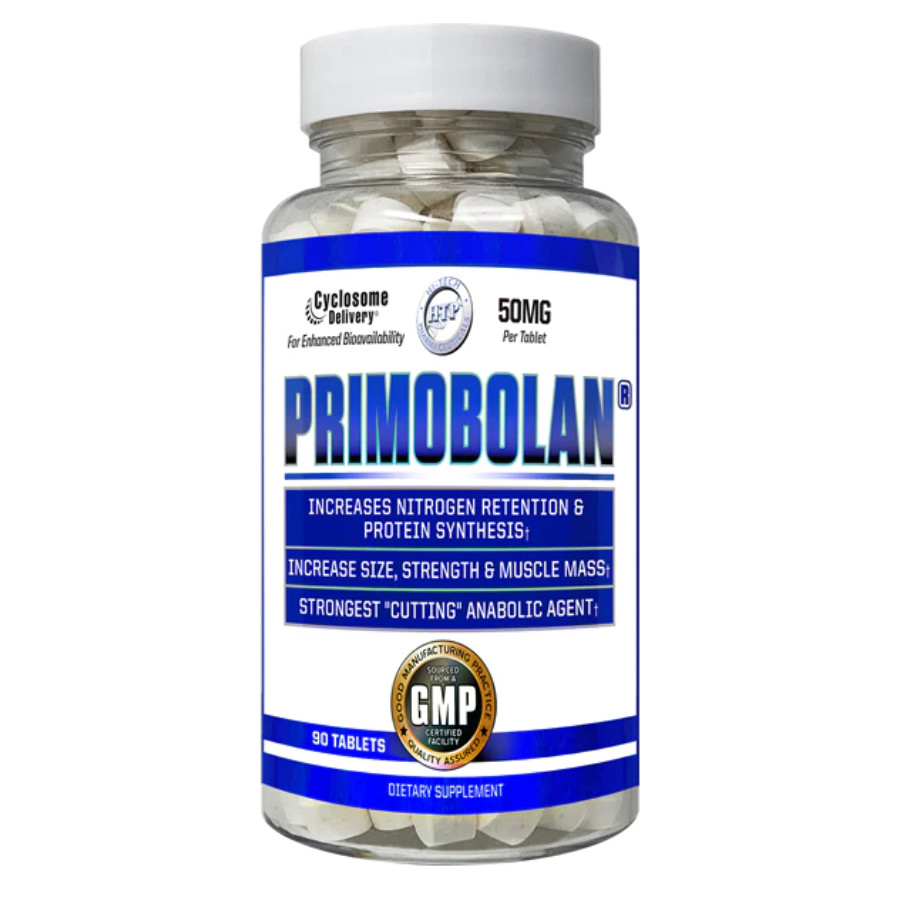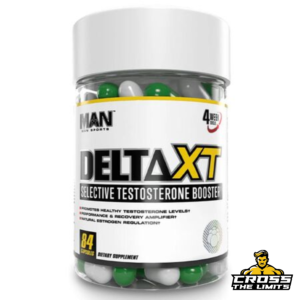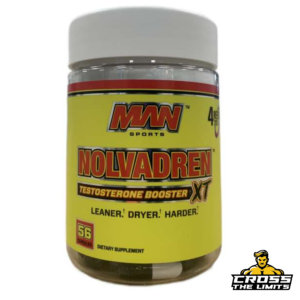Muscle Building
Showing 1–16 of 201 results
-
buybuybuybuybuybuybuybuy
EX4EX Andro T 60caps
£76.35buybuybuybuybuybuybuy“Most gym workouts aim to increase muscle mass while reducing body fat. We strive for ideal proportions of the various substances that make up our bodies. Sometimes, people seek above-average results; they work towards a physique close to ideal and near perfection. There’s a belief that our body has unlimited potential and can achieve almost anything if managed well. However, while building muscle mass, we often reach a point where we see diminishing results or hit a plateau as if we’ve reached a particular stage and can’t push further. The human body has its limitations; we can only continually increase workout intensity by providing our body with additional support. Excessive overload can weaken your body. The higher the workout intensity, the more nutrients, vitamins, and substances your body needs to function correctly. We can only supply some of these substances with our everyday diet.
Building muscle mass is a process with stage-by-stage visible effects.Results take time to manifest. However, specific methods and techniques can support and speed up this process, such as dietary supplements that aid in building muscle mass. These can lead to quicker and more spectacular effects and help avoid the undesirable lack of visible progress.
Diet is crucial in building mass. What and how should you eat to make muscles grow? Supplements for muscle mass growth need to be combined with diet, as they will only be effective when we consume balanced meals that provide all necessary nutrients in the correct proportions. When working on building muscle mass, the demand for proteins increases, becoming the most needed element of our diet. However, we must also remember to include carbohydrates and fats, albeit in lesser quantities than proteins. To achieve the desired effects, we must combine diet, training, and dietary supplements.The diet will differ for each individual, for example, due to the amount of body fat. Typical macronutrient proportions work best for an endomorphic body type, i.e., people with a slim figure and low body fat. We then consume between 1.5g and 2g of protein per kg of body weight, 4-6 g of carbohydrates per kg of body weight, and 0.5 – 1 g of fat per kg of body weight. These proportions can be slightly modified, but they should be maintained consistently. Limiting carbohydrates and fats is necessary for individuals with more body fat since their excess can hinder muscle mass building. Then, carbohydrates are reduced to about 2.5 – 3 g per kg, and protein is increased to 2.5 g per kg of body weight.
So, what should our daily diet include, and how do we plan meals to support our body in building muscle mass? We must eat five regular meals daily, although this can depend on our lifestyle. Particular attention should be paid to the pre-workout period; we should only go to the gym hungry with a snack and leave our bodies with energy after workouts. Pre-workout and post-workout supplements are very beneficial in this case. For products that help build muscle mass, we should focus on white meat, such as chicken and turkey. Dairy products also play a crucial role in the diet. Eggs and whole grains, including bread and pasta, are good choices. Buckwheat, oatmeal, and cottage cheese are also recommended. Protein should be included in at least four out of the five meals.
However, the diet may need revision to bring satisfactory effects, primarily when our muscles are intensely worked and we have high expectations for our workout results. Then, we can turn to dietary supplements, various nutrients, and pills. Some substances positively impact muscle function and support our body’s performance during workouts.
Creatine is a natural substance in our muscles and a key component in most muscle mass supplements. Approximately 95% is found in skeletal muscle tissue, with the remaining 5% distributed throughout the body. Creatine stimulates muscle growth by increasing muscle cell volume and glycogen synthesis, aiding in more intense and effective muscle work. It also speeds up regeneration after workouts, allowing more frequent training sessions.
As workouts intensify, the demand for ATP increases as it gets rapidly used up. Creatine boosts ATP levels, enhancing workout performance and enabling more repetition of exercises.
Beta-alanine is another vital substance, especially during increased physical activity and muscle mass-building workouts. This amino acid, obtained from high-protein foods, increases carnosine levels, improving workout performance. Supplementing with beta-alanine can raise carnosine levels by over 50% monthly. Carnosine levels decrease during physical exertion, impacting performance. Using beta-alanine improves endurance and muscle strength while also making fatigue less noticeable. Beta-alanine is particularly effective when used in conjunction with creatine.
Branched-chain amino acids (BCAA) are well-known among those focused on building muscle mass. Comprising about 14–18% of all amino acids in skeletal muscles, BCAAs are crucial for muscle protein synthesis and regeneration. They reduce fatigue, prevent muscle pain, minimize the risk of microtrauma, and increase anabolic hormone levels. Supplementation is necessary as the human body cannot synthesize these amino acids independently. BCAAs include leucine, isoleucine, and valine.
Whey protein is essential in building lean muscle mass and is the most popular supplement among active individuals, not limited to bodybuilders. Depending on the proportion and method of intake, these supplements can support muscle mass building and serve as an excellent component of the daily diet for those unable to provide their body with the right amount of protein within their meals. Protein is primarily responsible for muscle growth.Whey protein provides numerous amino acids, also supporting our immune system. It is rapidly absorbed by the body, quickly starting to work. It significantly influences muscle protein synthesis and improves muscle regeneration processes.
Like other supplements, protein supplements must be taken according to the manufacturer’s recommendations. There are also general rules to follow. A single serving typically consists of 25-40 grams of the protein supplement, though this can vary widely. The amount depends on training intensity, body weight, desired outcomes, and diet. Protein supplements are consumed before and after a workout, and sometimes also during it.
Testosterone boosters are a unique group of supplements for building muscle mass. They are designed to stimulate testosterone synthesis, a naturally occurring hormone. As a result, they increase muscle strength and support libido. However, testosterone boosters are not suitable for everyone. They are recommended for individuals with a lowered level of this hormone, which is less common in young men, as the deficit of this hormone typically occurs progressively with ageing. These supplements are most effective for men aged 30-40.In summary, building muscle mass effectively involves a combination of diet, workout, and supplements!”
Age Verification
You must be 18 years old to enter.
